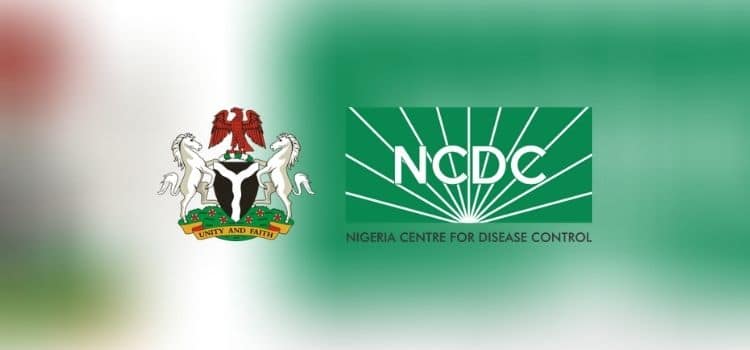By Iyemah David
The Nigeria Centre for Disease Control (NCDC), has called for a stronger health commitment to tackle monkeypox and other zoonotic diseases in the country.
NCDC Director-General, Dr Ifedayo Adetifa made the call on Wednesday in Abuja, at the Nigeria OneHealth Conference, with the theme: “Call to Action Towards Building a One Health Community Based Network.”
The NCDC and other One Health stakeholders with the support of the U.S. Department of State’s Biosecurity Engagement Program (BEP) and Global Implementation Solutions (GIS), Organised the Nigerian One Health Awareness Conference. A call to action towards building a One Health Community-based network.
In 2019, the National One Health Strategic Plan was jointly developed by stakeholders from the human, animal and environmental sectors.
About 75 per cent of emerging infectious diseases spread from animals to humans. Health, environment and agriculture experts are using a OneHealth approach to tackle this.
Over the last 5 years, Nigeria has witnessed catastrophic effects of zoonotic diseases such as Ebola, Lassa fever, Dengue, rabies, yellow fever and the recent COVID-19.
The increased burden of these zoonotic diseases is a result of three major factors: The increasing human population growth and increased need for food (for farming and animal as sources of food), Human encroachment on ecosystems that are at high risk for diseases transmission and Closer integration with animals /wildlife and rapid urbanisation.
Health authorities all over the world are working with experts in the Agriculture and Environment sectors to tackle these zoonotic diseases using a #OneHealth approach.
One Health is an approach to designing and implementing programs, policies, legislation and research in which multiple sectors plan, communicate and work together to achieve better public health outcomes for the human, animal, and environment Sectors.
Nigeria as a country has made significant strides in implementing the One Health approach including the effective response to notable zoonotic diseases like H5N1 avian influenza, Ebola Virus Disease (EVD) outbreak, and the COVID-19 pandemic and yearly Lassa fever and monkeypox outbreaks.
The Federal Government of Nigeria has taken the initiative to leverage the gains already made, by institutionalising One Health within the structures of relevant Ministries, Departments & Agencies.
Through the Nigeria Field Epidemiology and Laboratory Training Program, Nigeria adopts a public health workforce development strategy to promote the One-health approach by continuously building the capacity of medical doctors, veterinarians, and laboratory and environmental scientists, especially in outbreak control and research.
For the timely prevention and control of zoonoses and other emergencies, the Federal Government further recognises the need to join forces across sectors vis a vis sharing of epidemiological data including laboratory information or public health events.
It is against this backdrop that the NCDC, in collaboration with other Ministries, Departments and Agencies, developed the 5-year strategic and yearly implementation plan for One Health in Nigeria (2019-2023).
The NCDC boss said that just like the recent monkeypox situation, the nation is constantly confronted with infectious diseases of animal origin, causing public health threats that negatively affect human health and lead to the deaths of thousands of Nigerians yearly.
“These diseases, also referred to as zoonotic diseases – meaning their origin may be primarily traced to animals before transmission to humans,” he said. Adetifa re-emphasised the importance of Nigeria’s One-health strategic plan which was jointly developed with the Department of Veterinary and Pest Control Services in the Federal Ministry of Agriculture and Rural Development, Federal Ministry of Health, Federal Ministry of Environment, Academia, development partners, the private sector as well as non-governmental organisations.


